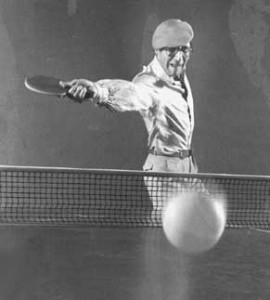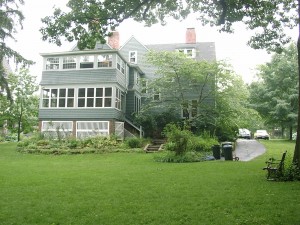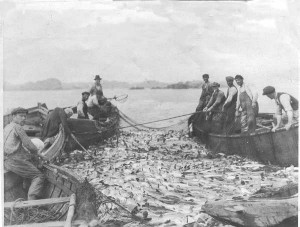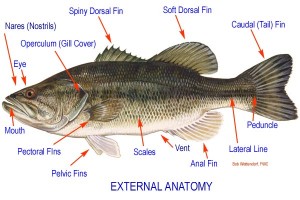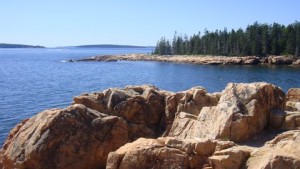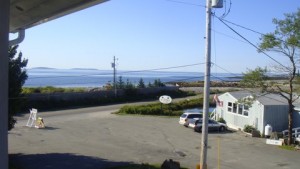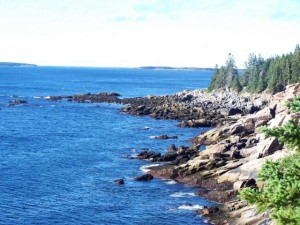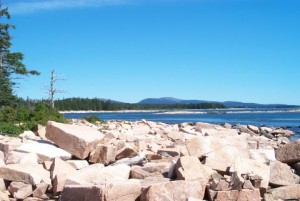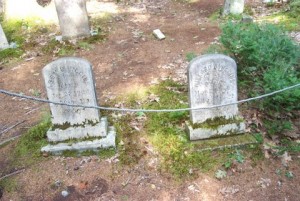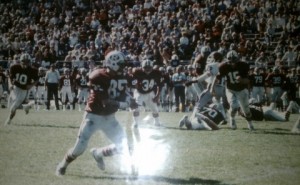I’ve always had headaches. As a child in school, I always picked the last desk in the room because that enabled me to bang my head gently against the back wall without disturbing anyone or anyone noticing.
As I grew older, the headaches became a regular part of my life, and I just stopped thinking about them. I was raised in an environment in which if a shoe was too tight and didn’t fit, as a pair my grandfather bought me once did, I was told I would get used to them, and so it was. And so it was also with the headaches. I just grew used to them. As I grew older and read more, I found out that all sorts of historical celebrities had suffered from headaches, Julius Caesar and Dostoyevsky among them, and that in turn somewhat reconciled me to my headaches. Obviously, I was destined for fame. That it never happened didn’t trouble me.
Sometimes these headaches were fierce and struck suddenly. They could come about when too long in the sun, or if there was too much noise. They also became a sort of warning signal that I was about to become sick with something like tonsillitis or influenza.
One summer, when I was about sixteen, while I was working at a summer camp operated by Henry Street Settlement, the headaches became so fierce as to completely incapacitate me. I met with no sympathy from my co-workers, boys and girls my own age, or by the adult staff. As far as they were concerned, I was simply shirking, and became the butt of much teasing. I packed my clothes and returned home, to spend the next two or three weeks in bed with the flu. In the course of my life, headaches have often come as precursors to something else, painful signals of worse to come. I just assumed that everyone else had headaches, and that they were a normal part of life for everyone. I guess I was wrong.
It was Linda, my wife, who pointed out that, no, everyone one else did not get headaches almost every day, that as a matter of fact, most people suffered from them rarely or not at all. And so, off I went to Dr. Michael Scrimenti, a fun neurologist, if there is such a thing. He told me that I was suffering from migraine headaches and that I would probably keep on getting them until I was sixty or so. I think I became a source of pride for him when I exceeded his expectations by getting headaches until I was 75. Of course, he prescribed some daily pills and some others for when the headaches struck.
The sad part of his prescription was that he also told me to avoid many foods that were triggers for the headaches, among them some of my favorites such as aged cheeses (Brie among them!), chocolate, all kinds of nuts (particularly coconuts, that I loved), as well as beverages such as red wines and many beers. Only the most delicious foods triggered headaches!
Although I don’t get random headaches any more, I’ve experimented with these foods, and they do still give me headaches. Nevertheless, I’m evaluating whether an occasional headache might not be worth the price to pay for a delicious piece of brie (with some grapes on the side of course) and a glass of good red wine.


